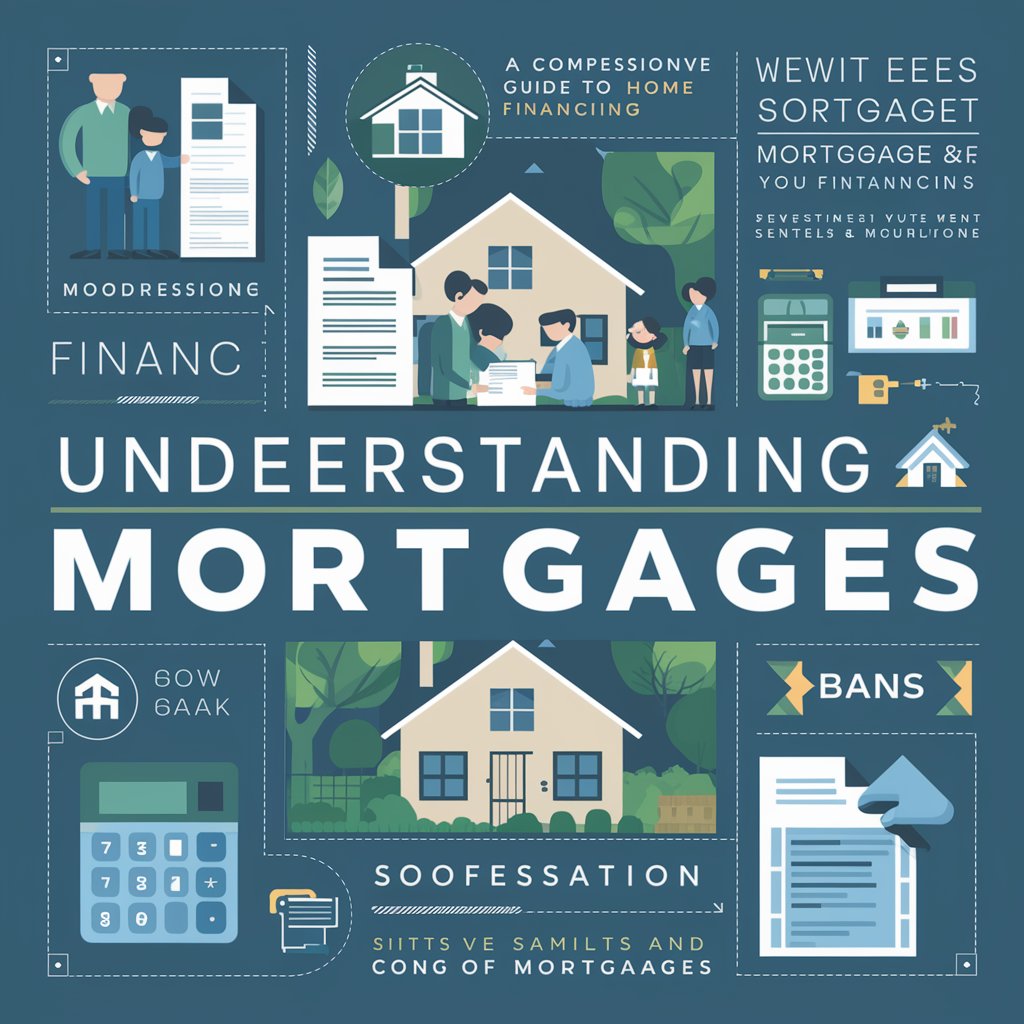Everything You Need to Know https://fotise.com/que-es-una-hipoteca Mortgages: A Comprehensive Guide
Introduction to Mortgages
In today’s financial landscape, understanding mortgages is crucial for anyone looking to buy a home or invest in property. A mortgage is more than just a loan—it’s a financial agreement that involves various terms, conditions, and obligations. In this article, we’ll dive deep into the world of mortgages, providing a thorough overview that will help you make informed decisions.
What is a Mortgage?
A mortgage is a type of loan specifically used to purchase real estate, typically a home. In this arrangement, the borrower receives funds from a lender to buy the property, and in return, agrees to repay the loan amount over a set period, usually with interest. The property itself serves as collateral for the loan.
Types of Mortgages
- Fixed-Rate Mortgages
Fixed-rate mortgages are the most common type of mortgage. They offer a fixed interest rate throughout the term of the loan, which means your monthly payments remain consistent. This type of mortgage provides stability and predictability, making it easier to budget. - Adjustable-Rate Mortgages (ARMs)
Unlike fixed-rate mortgages, adjustable-rate mortgages have an interest rate that can change over time. These rates are usually lower at the beginning of the loan term but can fluctuate based on market conditions. This type can be beneficial if interest rates decrease, but it also comes with the risk of increased payments if rates go up. - Interest-Only Mortgages
With an interest-only mortgage, the borrower only pays the interest on the loan for a specified period, after which they begin paying both principal and interest. This type can offer lower initial payments but may result in a larger remaining balance when the interest-only period ends. - Federal Housing Administration (FHA) Loans
FHA loans are government-backed loans designed to help lower-income or first-time homebuyers. They often have lower down payment requirements and more lenient credit score standards. - Veterans Affairs (VA) Loans
VA loans are available to eligible veterans and active-duty military members. They offer benefits such as no down payment requirements and competitive interest rates. - USDA Loans
USDA loans are aimed at low-to-moderate income buyers in rural areas. They offer no down payment options and competitive interest rates.
How Mortgages Work
When you take out a mortgage, you are agreeing to borrow money from a lender to purchase a property. Here’s a breakdown of how the process typically works:
- Application
The first step is to apply for a mortgage. You’ll need to provide financial information, such as your income, credit history, and employment status. - Approval
The lender reviews your application and decides whether to approve your loan. They assess your creditworthiness, the value of the property, and other factors. - Down Payment
You’ll need to make a down payment, which is a percentage of the property’s purchase price. The size of the down payment can vary based on the type of mortgage and lender requirements. - Closing
After approval, you’ll proceed to closing, where you sign the mortgage agreement and other necessary documents. At this stage, you’ll also pay closing costs, which include fees for processing the loan and other related expenses. - Repayment
Once the mortgage is finalized, you begin making monthly payments. These payments typically include both principal and interest. Over time, your payments will gradually reduce the loan balance.
Key Terms to Know
- Principal
The principal is the amount of money you borrow from the lender. It’s the original loan amount, not including interest. - Interest
Interest is the cost of borrowing money. It’s expressed as a percentage of the principal and is added to your monthly payments. - Term
The term of a mortgage is the length of time you have to repay the loan. Common terms are 15, 20, or 30 years. - Amortization
Amortization refers to the process of paying off the mortgage over time through regular payments. Each payment includes both principal and interest. - Escrow
An escrow account is used to hold funds for property taxes and insurance. Lenders may require you to make monthly contributions to this account.
Choosing the Right Mortgage
Selecting the right mortgage involves evaluating your financial situation and long-term goals. Here are some tips to help you choose:
- Assess Your Finances
Consider your income, credit score, and current debts. Determine how much you can afford for a down payment and monthly payments. - Compare Loan Types
Research different types of mortgages to find one that suits your needs. Consider factors like interest rates, repayment terms, and any associated fees. - Get Pre-Approved
Getting pre-approved for a mortgage gives you a clear idea of how much you can borrow and shows sellers that you are a serious buyer. - Consider Future Plans
Think about your long-term plans. If you plan to stay in the home for a long time, a fixed-rate mortgage might be more beneficial. If you expect to move within a few years, an ARM might be a better choice.
Common Mortgage Mistakes to Avoid
- Not Shopping Around
Don’t settle for the first mortgage offer you receive. Compare rates and terms from different lenders to find the best deal. - Overlooking Additional Costs
Be aware of additional costs such as closing fees, property taxes, and insurance. These can add up and affect your overall budget. - Ignoring Your Credit Score
Your credit score plays a significant role in determining your mortgage rate. Check your credit report and address any issues before applying for a loan. - Choosing the Wrong Loan Term
A shorter loan term may have higher monthly payments but lower interest costs over time. Conversely, a longer term may have lower payments but higher overall interest.
FAQs
- What is the difference between a fixed-rate and an adjustable-rate mortgage?
A fixed-rate mortgage has a constant interest rate throughout the loan term, while an adjustable-rate mortgage has an interest rate that can change periodically. - How much should I save for a down payment?
The down payment amount varies based on the mortgage type and lender requirements. Generally, a down payment of 20% is recommended to avoid private mortgage insurance (PMI). - Can I refinance my mortgage?
Yes, refinancing allows you to replace your current mortgage with a new one, potentially with a lower interest rate or different terms. - What is PMI?
Private Mortgage Insurance (PMI) is required for loans with a down payment of less than 20%. It protects the lender in case of default. - How do I find a good mortgage lender?
Research and compare lenders, read customer reviews, and consult with mortgage brokers to find a lender that offers competitive rates and excellent customer service.
Conclusion
Understanding mortgages is essential for anyone looking to buy a home or invest in real estate. By learning about different types of mortgages, the application process, and key terms, you can make informed decisions that align with your financial goals. Whether you’re a first-time homebuyer or looking to refinance, being knowledgeable about mortgages will help you navigate the process with confidence.
For more detailed information, you can explore the article on https://fotise.com/que-es-una-hipoteca, which provides valuable insights into what a mortgage is and how it works.






